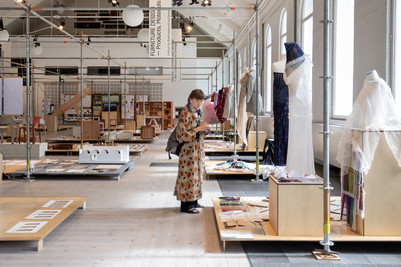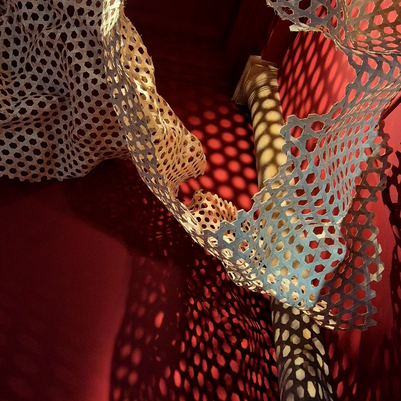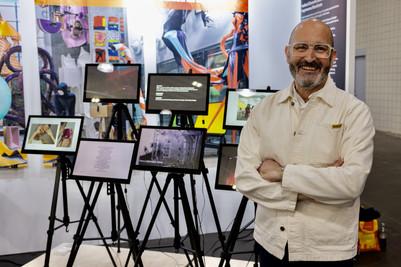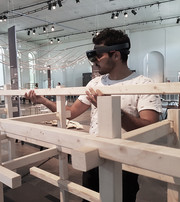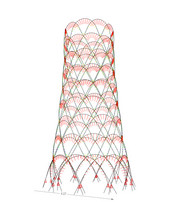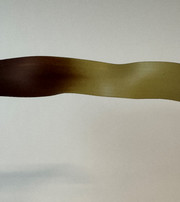
Exskallerate
ACCELERATE adoption of EXOSKELETONS for construction and manufacturing applications in the North Sea Region
CITA is part of the European project EXSKALLERATE. Its objective is to accelerate the adoption of exoskeletons into construction and industrial manufacturing SMEs, where heavy physical work leads to severe health issues, and thereby, strengthen SME competitiveness in the North Sea Region.
Background
Across Europe, manufacturing and construction workers undertake physically strenuous activities which increase their risk of health problems, disability and sick leave. This leads to lower job attractiveness and job candidate scarcity, resulting in unfilled job openings that slow growth and competitiveness. This is particularly true for many North Sea Region SMEs, who are unaware of available solutions via exoskeleton adoption as solution developers tend to target large corporates.
As many as 44 million workers in the European Union (EU) are affected by workplace-related musculoskeletal disorders (MSDs), at a total annual cost in excess of €240 billion to the European economy. Exoskeletons have the capacity to decrease the number of musculoskeletal injuries and increase quality of life at work, thereby reducing costs for a company in the long run.
Approach
EXSKALLERATE contributes to SME competitiveness and occupational health by making the North Sea Region a leading exoskeleton ecosystem.
The consortium of business support organisations, clusters, and research institutes, will do this through 3 main activities:
1) Identifying SME challenges to influence the co-design of field labs where next-generation exoskeletons integrate improvements. Improved exoskeleton benefits are validated in end-user pilots sites.
2) Informative workshops for SMEs where exoskeleton experts present and receive feedback on tools to support SME decision making in exoskeleton adoption, a key challenge limiting adoption.
3) Transnational benchmarking to accelerate industrial exoskeleton standardisation (Needed for SME decision making).
A partnership of 6 NSR countries
The Netherlands: InnovationQuarter, TNO Netherlands Organisation for Applied Scientific Research, University of Twente
Belgium: VUB (Vrije Universiteit Brussel), KUL (Katholieke Universiteit Leuven), POM - West Flanders
Germany: MoWiN - Regionalmanagement Nordhessen, HAWK University of Applied Sciences and Arts,
United Kingdom: Construction Scotland Innovation Centre, National Manufacturing Institute for Scotland (NMIS) at the University of Strathclyde
Sweden: University of Gävle
Denmark: Aalborg University, Royal Danish Academy - Centre for Information Technology and Architecture




